Credit cards have become a vital component of our financial lives, offering convenience and flexibility in managing expenses. However, this convenience comes with a responsibility that should not be taken lightly. Credit card default, and failure to pay your credit card bills on time, can have a serious impact on your financial well-being.
Anybody who defaults can face a host of issues, including damaged credit scores and legal action under RBI guidelines for credit card defaulters. This blog will help you understand credit card default and guide you to learn, avoid, and overcome its adverse consequences.
For expert guidance on managing your credit and financial health, sign up with Koshex today! Along with this, you can gain insight into your entire financial life by tracking cash flows and building better money habits using Koshex Intelligence.
Who is a Credit Card Defaulter?
Credit card defaulter refers to an individual who has failed to meet their credit card payment obligations. Your credit card account becomes overdue if you miss a payment for 30 days. If you keep missing payments for six months without paying the minimum amount, your account goes into default.
Understanding the consequences of credit card default and its prediction is essential for every cardholder. Failing to make payments on your credit card bill leads to being tagged as a credit card defaulter. The ripple effect of default can disrupt your financial stability.
Consequences of Being a Credit Card Defaulter
Defaulting on your credit cards is a major issue that can have a negative impact on your finances. In this section, we will explore the various ways in which credit card default can impact your financial health.
Impact on Credit Score
Your credit score represents your creditworthiness. It is an essential factor that lenders consider when you apply for a loan or credit card. A high credit score indicates that you are a responsible borrower who pays bills on time, while a low credit score suggests that you are a risky borrower.
When you default on your credit card payments, it can have a significant impact on your credit score. Late payments and missed deadlines can stay on your credit report, which can lower your credit score and make it harder for you to get approval for loans or credit cards.
Increased Interest Rates
Defaulting on your credit card payments can also lead to increased interest rates. When you miss a payment, your credit card issuers can impose high-interest rates. These additional costs might become a significant burden, making it difficult to pay off your debt. Over time, the interest charges can add up, making it even more challenging for you to get out of debt.
Legal Consequences
If you default on your credit card payments, there are legal consequences as well. The Reserve Bank of India (RBI) guidelines for credit card defaulters state that banks and financial institutions can take legal action against such defaulters. Credit card companies may assess default prediction and take legal action against you to recover the outstanding amount in case of default.
In some cases, the legal proceedings can be severe and may result in asset seizure. Therefore, it is essential to pay off your debts on time and avoid defaulting on your payments.
Debt Accumulation
When you default on your credit card payments, the unpaid balance starts accumulating interest charges. Due to this compounding of interest, your debt can grow rapidly, making it even more challenging to pay off your financial liabilities. Over time, it might lead to an escalation of financial burden and an increase in your debt load.
Dealing with Debt Collectors
If your bank or credit card company involves debt collectors to recover their money, then dealing with those collectors can be a stressful and overwhelming experience. They can be pretty aggressive, bombarding you with calls and letters. They might even show up at your workplace or home, which can be embarrassing and stressful.
Reduced Credit Card Limits
Default in making credit card payments can make you appear risky to other lenders. Consequently, to protect themselves, the lenders might lower the amount of credit they are willing to give you.
A lower credit limit can hurt your credit score because it affects your credit utilization ratio, which represents the amount of available credit you are using against the total credit available to you. A high credit utilization ratio can make you appear riskier to lenders and negatively impact your credit score.
Therefore, it is crucial to pay off your debts on time and avoid defaulting on your payments.
How to Avoid Credit Card Default
Financial discipline is the foundation of responsible credit card use. Here are key practices to maintain a healthy financial future:
Budgeting and Expense Tracking
Start by creating a detailed budget that outlines your monthly income and expenses. This will help you understand the pattern of your cash flows. At the same time, you will be able to identify areas where you can cut back.
Also read: How can I improve my financial skills?
Live Within Your Means
Stick to your budget and resist impulse purchases. Living within your means ensures that you do not accumulate excessive credit card debt that becomes difficult to repay.
Set up Reminders or Automatic Payments
To ensure punctual payments, set up reminders or automatic payments. This reduces the risk of forgetfulness or oversight.
Build an Emergency Fund
An emergency fund is a safety net that can prevent resorting to credit cards in times of unexpected expenses. This fund acts as a buffer for unexpected medical bills, car repairs, or other emergencies, reducing the need to rely on credit cards.
Avoiding Excessive Debt Accumulation
Monitor your credit card balances regularly. If you notice your debt increasing, take immediate steps to pay it down. Avoid carrying over balances from month to month to prevent interest charges.
Also Read: Investment Is It Bad To Have Too Many Credit Cards?
Final Takeaways
Credit cards have revolutionized the way we manage our finances. However, the shadow of credit card default looms ominously over those who fail in their financial responsibilities.
Becoming a credit card defaulter is not merely about missing a payment. It triggers a chain reaction that can disrupt your financial stability. It affects your credit score, leads to higher interest rates, and can even result in legal consequences.
By understanding the consequences and taking proactive steps, you can avoid the pitfalls of credit card default. It starts with financial discipline, budgeting, living within your means, timely payments, and the creation of an emergency fund,
To optimize your money across spending, savings and debts and regain your financial control with personalized solutions, sign up with Koshex today!
Frequently Asked Questions
Q1. What steps can I take to rebuild my credit score after a period of credit card default?
Ans. Rebuilding your credit score after experiencing a period of credit card default is an achievable process. Maintain a consistent record of on-time payments on all your credit accounts. Aim to keep your credit card balances low to improve your credit utilization ratio.
Q2. What Are the Eligibility Criteria for Getting a Credit Card?
Ans. To qualify for a credit card, you typically need to meet these criteria:
- Be between 21 and 65 years old. With some banks, the maximum age limit to get a credit card can go up to 70.
- The minimum salary requirement for a credit card varies from one credit issuer to the other. In most cases, the minimum income salary must be between Rs.1 lakh and Rs.3 lakh.
- Both salaried and self-employed individuals can apply.

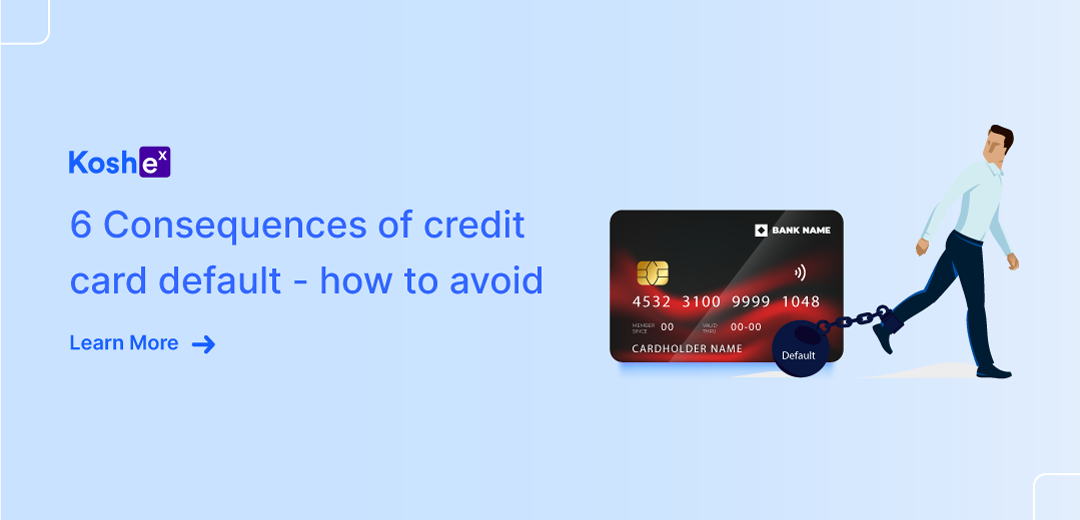
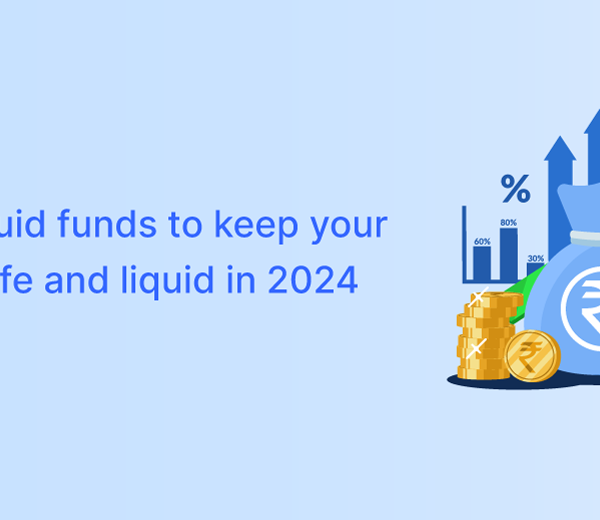
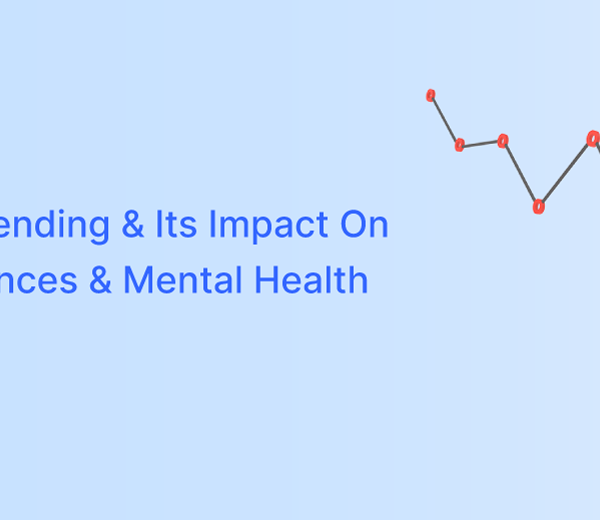
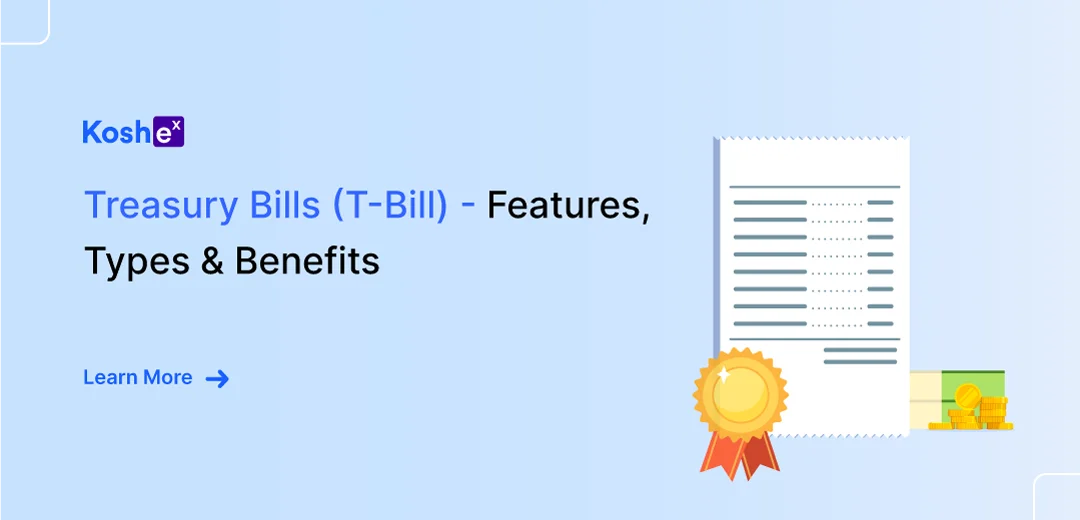
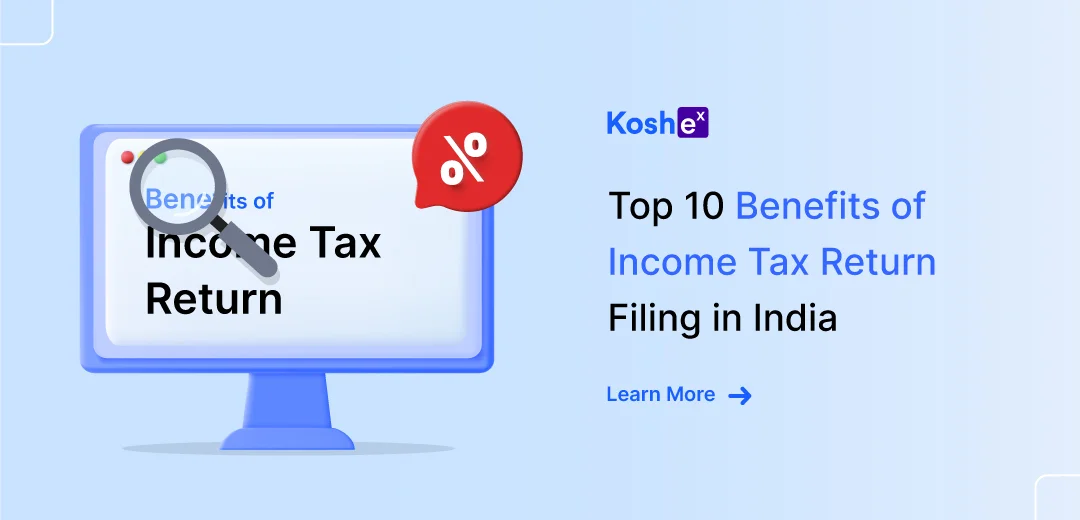
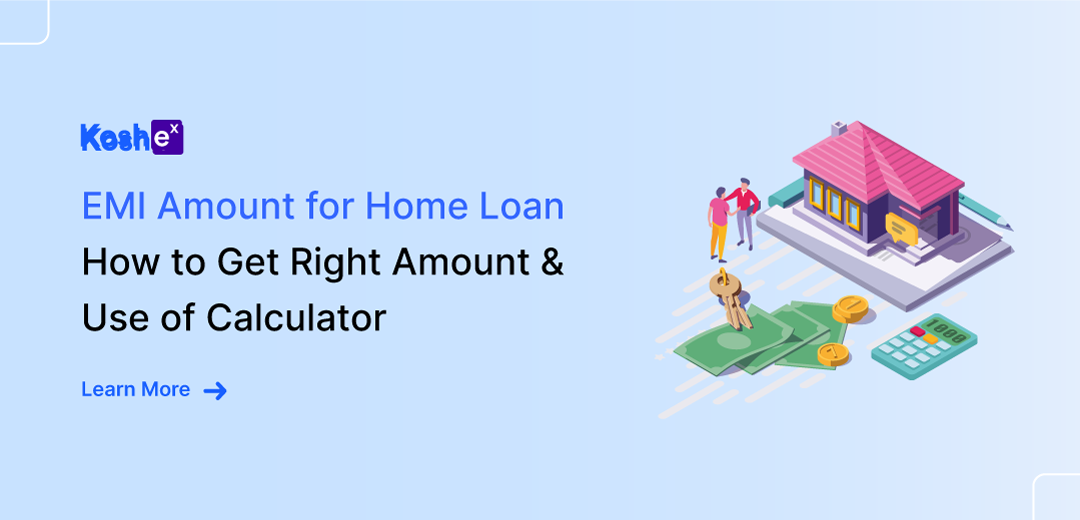


Leave a Comment